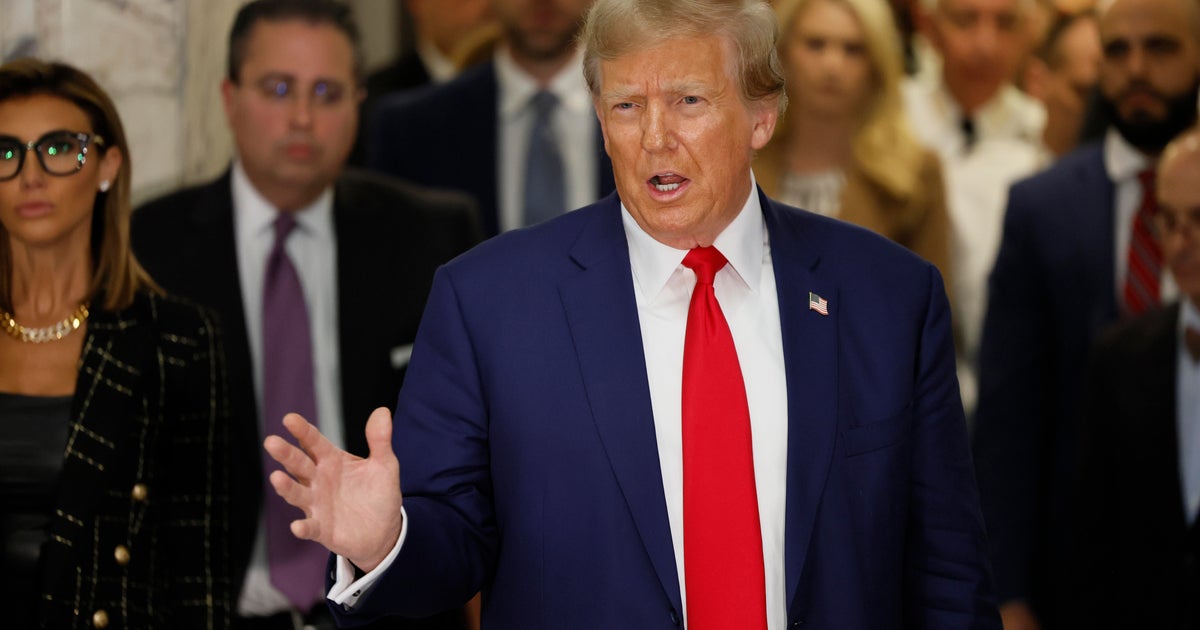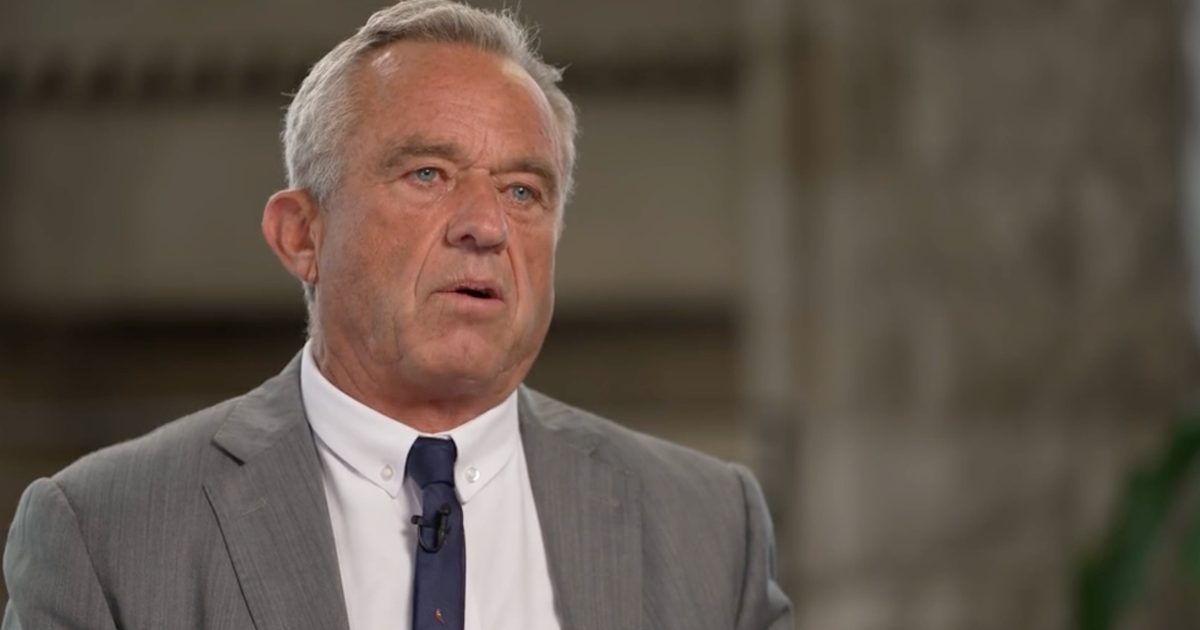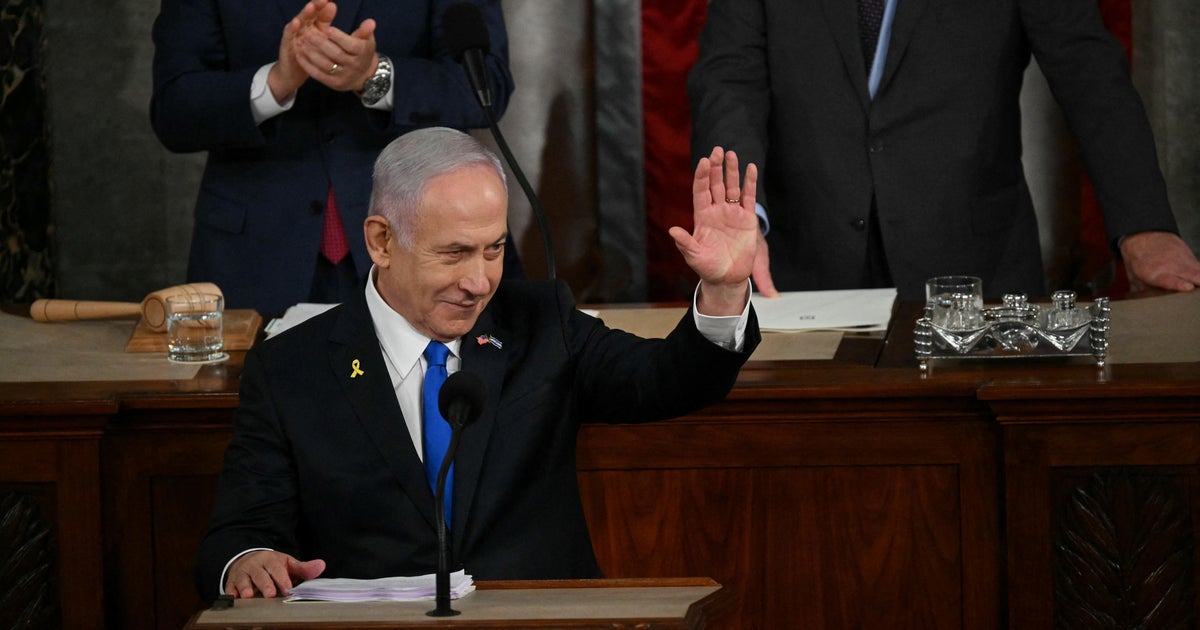Examining Trump's claim that Supreme Court vacancies occurred 29 times during election year or before inauguration
Washington — As President Trump and Senate Republicans fend off attacks from Democrats for proceeding with the confirmation of a new Supreme Court justice just weeks before Election Day, an oft-repeated argument in favor of moving forward has been the historical precedent for filling a vacancy during an election year.
"There have been 29 times a vacancy opened during an election year or prior to an inauguration. Twenty-nine times. That's a lot," Mr. Trump told a crowd of supporters in North Carolina on Saturday. "Every single time, the sitting president made a nomination. That included — did you ever hear of George Washington? Did you ever hear of Thomas Jefferson? Or how about the great Abraham Lincoln?"
Indeed, there have been more than a dozen vacancies on the Supreme Court during presidential election years, and past presidents have not shied away from naming nominees to fill those seats. But a review of Senate and Supreme Court records indicates there were fewer than 29 instances that fit the scenario Mr. Trump describes, in which a seat on the bench opened up during an election year and before an inauguration.
And while the president may not have hesitated to try to fill the high court vacancies in those 29 instances, the Senate did not always agree with the president's selection. Ten times the candidate was rejected or withdrawn by the president.
In all, there were 16 vacancies, including Ginsburg's, that occurred before Election Day during an election year. Another 10 vacancies occurred in the months after the presidential election and before the inauguration, which occurred March 4 until ratification of the 20th Amendment in 1933. Two of those 10 were new seats to the Supreme Court, which were filled by President Andrew Jackson on March 3, 1837, before the inauguration.
There were another five vacancies from 1789 to 2020 that occurred before the start of the election year, and the nominations were then made during the election year.
In one instance, Justice Abe Fortas was selected by President Lyndon B. Johnson to replace Chief Justice Earl Warren in June 1968, less than five months before the election. However, Fortas' nomination was ultimately withdrawn, as was the nomination of Homer Thornberry to succeed him as associate justice. Fortas did not vacate his seat as associate justice while his nomination to replace Warren was pending. While Fortas was nominated to Warren's seat, the chief justice ultimately did not retire until 1969.
One president, John Tyler, announced a total of nine Supreme Court nominees to fill two vacancies that occurred in December 1843 and April 1844. He was successful in filling one of the open seats, that of Justice Smith Thompson, in February 1845 before leaving office.
For the presidents referenced by Mr. Trump, Presidents George Washington, Thomas Jefferson and Abraham Lincoln, both Jefferson and Lincoln saw seats on the Supreme Court open up before Election Day in 1804 and 1864, respectively. In Washington's case, there were two vacancies that occurred in the final months of 1795. One seat on the Supreme Court opened in January 1793, before the inauguration.
Mr. Trump is expected to announce his nominee to succeed the late Justice Ruth Bader Ginsburg on the Supreme Court on Saturday. The two frontrunners are federal appellate Judges Amy Coney Barrett and Barbara Lagoa.
Despite the protests from Senate Democrats, who have few procedural tools to block the nomination, Republicans have said they intend to proceed with the confirmation process before the election.
Here's a look at the timing of Supreme Court nominations, including those that occurred during an election year before the election — and those that occurred after the election but before the inauguration, as well as the vacancies that came up before an election year.



